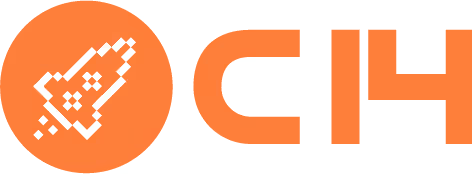
Diamond Standard
Diamond Standard creates a novel, investable, and tradeable asset class through the tokenization of real, investment-grade IGI (International Gemological Institute) and GIA (Gemological Institute of America) certified diamonds.
These commodities are investment products combining real diamonds with digital blockchain technology. They offer investors a standardized unit of diamonds in the form of “Coins” and “Bars.” These can be traded for liquidity or held as investments secured by both the physical commodity and the immutable Hedera blockchain.
Each Coin and Bar contain an equivalent, optimized set of natural diamonds that add up to the same geological scarcity of carat weight, color, and clarity. Every sample and every commodity are public, and are designed to trade in lockstep market price.
Inside each asset is a military-grade wireless (NFC) encryption chip, enabling authentication, instant transactions, and remote audit.
Diamond Standard seeks to provide investors with a secure and accessible way to invest in diamonds at convenient, lower entry point via digital tokens called “Carats” issued from physical commodities.
Project Information
Related Projects
.png)
Coming soon..

The D'CENT Wallet is cryptocurrency storage solution developed by IoTrust, a South Korean company founded by security experts. Its flagship product is the D'CENT Biometric Wallet, a hardware device emphasizing robust security through features including a Common Criterial Evaluation Assurance Level 5+ (EAL5+) certified Secure Element chip, fingerprint authentication for transaction signing, and a bespoke onboard secure operating system.
The D’CENT cold storage wallet supports numerous digital assets including Bitcoin, Ethereum, XRP, Hedera tokens, and many other mainnet coins and tokens. It also provides a mobile application that serves as an interface for its hardware wallets (Biometric and Card-type) and can also function as a standalone software wallet facilitating portfolio management, secure transactions, and access to decentralized applications (DApps) via its Discovery tab.
The D’CENT platform supports management of non-fungible tokens (NFTs) and other Web3 assets as well as offering features for cross-chain interaction through its platform and user application.

DeraGods is a unique digital collectibles game centered around a collection of 303 distinct non-fungible tokens (NFTs) dubbed "gods" which are minted on the Hedera Hashgraph network. It features an immersive and engaging world-building experience within a bespoke metaverse for its community of holders. Acquiring a DeraGods NFT grants access to the in-game decentralized Web3 environment where participants can contribute to building and securing virtual assets.
A distinctive feature of the DeraGods ecosystem is its "faith scale tax system," which rewards NFT holders based on their level of engagement and commitment to the project. Users can earn faith by following the project’s “commandments” which include directives to engage with and share social media content related to the project, recruiting new members, spreading positive commentary about the Hedera ecosystem, and using Hedera-based tokens and blockchain services to conduct cryptocurrency transactions.
A percentage of all DeraGods NFT sales will go toward purchasing and building virtual assets such as virtual real estate, DApps, liquidity pools, and games.

C14 is a financial technology company that provides a seamless fiat-to-crypto on-ramp solution for developers building on the Hedera blockchain network. Its core product is an easily embeddable widget that decentralized applications (dApps), wallets, and marketplaces can integrate directly into their platforms.
With C14's widget, users can purchase digital assets directly within the dApp they are using, employing familiar payment methods like credit or debit cards. The platform handles the entire transaction flow, including regulatory compliance aspects like Know Your Customer (KYC) checks, and delivers the purchased assets directly to the user's connected wallet. This creates a simple, "one-click" experience that significantly lowers the barrier to entry for mainstream adoption.
